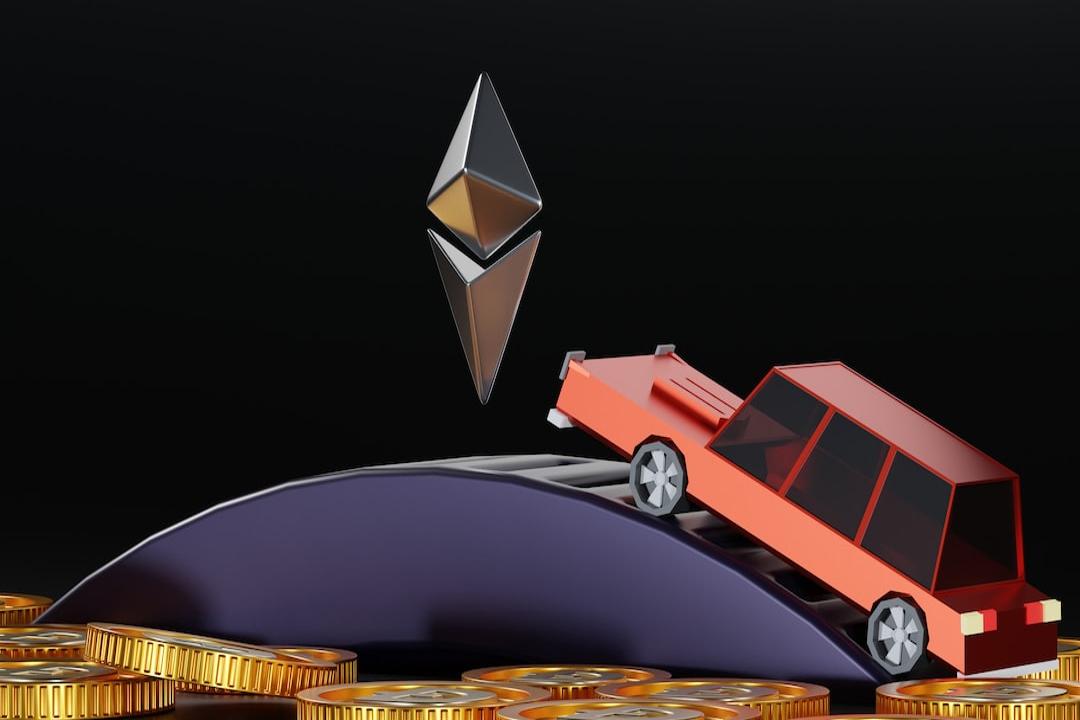Survey Reveals Moscow Exchange Sanctions Fueling Russian Interest in USDT
Sanctions imposed on the Moscow Exchange by the West are expected to increase Russian interest in cryptocurrencies like USDT, according to a survey of traders and investors. Approximately 20% of respondents expressed their willingness to convert or transfer part of their savings into crypto. The survey, conducted among 10,000 subscribers to four major Russian-language crypto and investment Telegram channels, aimed to gauge the impact of the sanctions. The recent sanctions led to the immediate suspension of trading in dollars and euros on the Moscow Exchange, resulting in a surge of interest in USD-pegged stablecoins, particularly USDT. Russian investors perceive USDT as an equivalent to the dollar. The sanctions targeted both the Moscow Exchange and the exchange-owned National Clearing Center, Russia’s largest foreign currency exchange transactions recording body.
Despite the rising interest in cryptocurrencies, the survey found that the majority of participants still preferred to keep their savings in rubles and cash dollars. 40% favored the ruble, while another 40% opted for USD banknotes. However, 20% of respondents saw the sanctions against the Moscow Exchange as a reason to invest in cryptocurrencies. Although initial reports of the sanctions caused some panic among Russian investors, these fears seem to have subsided. USD exchange rates briefly exceeded 100 rubles immediately after trading in dollars and euros was suspended on the Moscow Exchange. A small percentage of survey respondents (3-4%) rushed to purchase dollars as soon as the news broke. However, there were minimal fluctuations in the USDT markets. The Garantex crypto exchange reported noticeable demand for USDT on the first day, but exchange rates quickly returned to normal levels.
USDT exchange rates dropped to 89 rubles on Garantex on June 18, and peer-to-peer traders were selling the coin for around 92-92 rubles on the same day. Taisiya Romanova, a Russian crypto expert, commented on the survey results, stating that it does not necessarily indicate a significant increase in USDT trading in Russia. She believes that the USDT market in the country will remain unpredictable and subject to the sentiments and stress levels of its participants. Romanova advised Russians to avoid impulsive decisions and instead diversify their investment portfolios.

